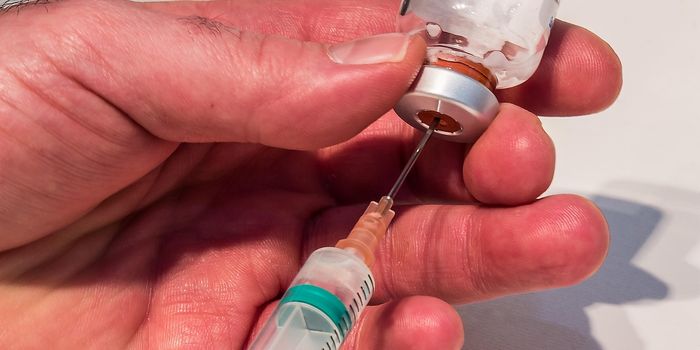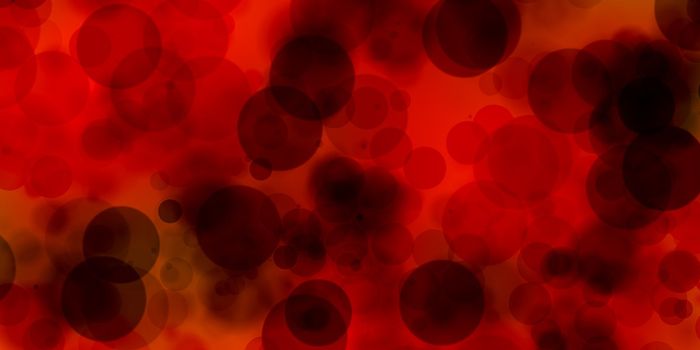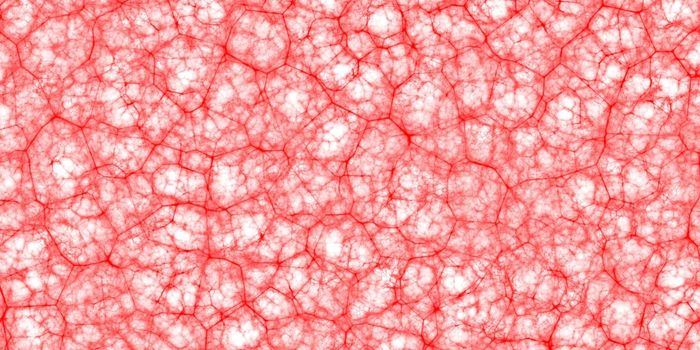Gene Identified that Turns Off Triple Negative Breast Cancer
Breast cancer continues to ravage the US, with about one in eight women being diagnosed with the disease in her lifetime. There are myriad new treatments, immunotherapies, and investigations ongoing to better understand and fight the various types of breast cancer.
One such investigation reports novel findings in the journal Scientific Reports. It has identified a way to turn off a gene that causes triple-negative breast cancer, one of the most aggressive forms.
The study was conducted by researchers at Tulane University School of Medicine who analyzed two genes: Rab27a, a player in exosome release, and TRAF3IP2, an inflammatory mediator in development and metastasis of breast cancer. Both genes were studied in vivo in mouse models. Knowing the roles that these genes play, the researchers wanted to see what would happen when they were stopped from functioning.
"Our findings show that both genes play a role in breast cancer growth and metastasis," says lead researcher Dr. Reza Izadpanah. "While targeting Rab27a delays the progression of tumor growth, it fails to affect the spread of tiny amounts of cancer cells or micrometastasis. On the contrary, targeting TRAF3IP2 suppresses tumor growth and spread, and interfering with it both shrinks pre-formed tumors and prevents additional spread. This exciting discovery has revealed that TRAF3IP2 can play a role as a novel therapeutic target in breast cancer treatment."
The findings from this study hold such potential that the team is currently trying to get FDA approval to begin clinical trials as soon as possible.
Izadpanah concludes that this work was a prime example of teamwork. "It is important to note that this discovery is the result of a truly collaborative effort between basic science researchers and clinicians."
Sources: Scientific Reports, Eureka Alert









